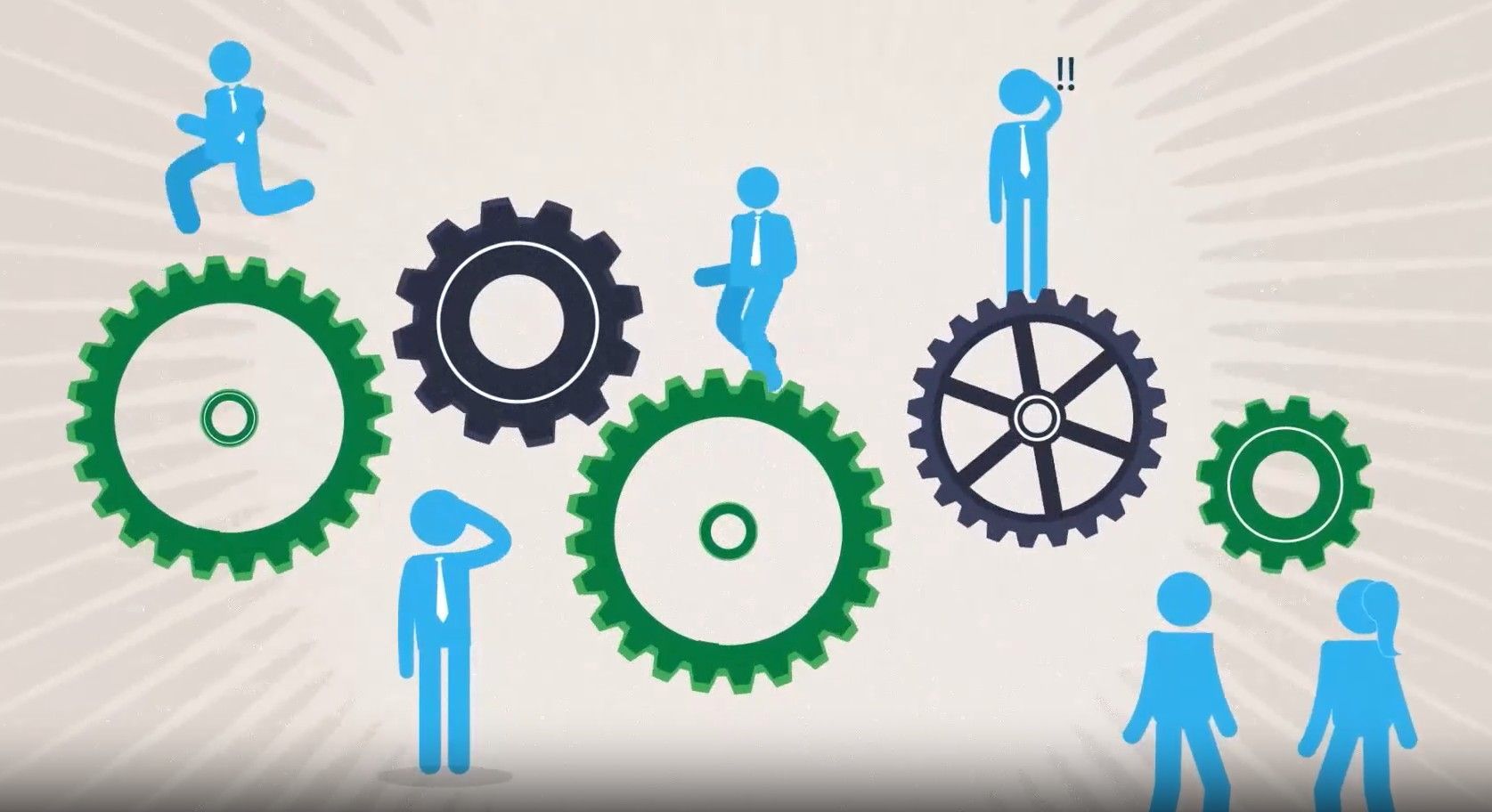Are Great Questions Really Selling’s Secret Sauce?
August 14, 2025
Maybe. But here’s the fundamental question about questions: Why are so many of us so reluctant to ask them?
Well, some of us can blame well-meaning mothers and fathers. They discouraged “prying” into other people’s lives as “rude.”
But even in selling, whose baseline mantra is “Ask good questions,” we’ve found that salespeople and other business developers actually resist asking questions, sometimes without even realizing it. The default setting is the “pitch” and the “slide deck.” They’re familiar and comfortable. Unfortunately, as the words themselves imply, a typical sales pitch is all about what the sales rep wants to sell and precious little about what the prospect wants—or needs—to buy. Talking all about a product’s features and benefits or a professional services firm’s “name” clients might seem to be the path of least resistance for making a sale. After all, a pitch is telling prospects about all the good things that a product or service can do for them. But, in truth, it’s a well-beaten path to less revenue—a lot less.
“We run this company on questions, not answers.”
—Eric Schmidt, CEO, Google
Other common reasons that business developers don’t ask more questions is that they:
| • | Don’t want to seem “pushy.” |
| • | Think that the topic is none of their business. |
| • | Weren’t taught to ask questions in school, just to answer them. |
| • | Believe the prospect will think they are ignorant or weak. |
| • | Feel they should already know the answer. |
| • | Don’t want to hurt someone’s feelings or make them look bad. |
| • | Can’t think of what to ask. |
| • | Are in a hurry to establish expertise and credibility. |
Sure, in some social or family situations, asking certain questions might be wrong. But in business, questions are often positive. Good questions can communicate your expertise, show your sincerity, and make prospects feel better about themselves and their businesses. How? Simply by allowing them to explain why they’re so proud of what their company has achieved and where it’s headed. And isn’t that what building relationships and trust is all about?
Bonus Point: By telling you about where they want their company—or their career—to go, they’re practically inviting you to show how your product can help to get them there.
But asking just any old kind of question isn’t enough. It’s essential to ask the right questions during the discovery process. In our popular consultative selling course, FOCIS®, we not only help business developers overcome their reluctance to ask questions by helping them understand the practical value of asking questions, especially the value to their prospects. More important, we also help them learn which questions to ask, how many to ask, and when to ask them. We also help them use the answers to move the sale forward much more quickly. (Or, on the flip side, to discover that a prospect is not a match for a product or service, saving time both for the sales rep and the prospect.)
“The quality of a leader cannot be judged [only] by the answers he gives,
but [also] by the questions he asks.”
—Simon Sinek, Author of “Start with Why”
So, take just a few minutes to learn more about how questions can in fact be your company’s secret sauce. Call us now at 847-446-0008 or e-mail pkrone@productivestrategies.com.
Welcome, John McDermott and Jim Munson!
We’re extremely pleased to welcome two new senior consultants to our team, John McDermott, a marketing alignment expert, and Jim Munson, an attorney and a proven business development “rainmaker.”
Munson’s career spans 33 years as a commercial litigation partner at Kirkland & Ellis, LLP, a global law firm. His legal experience covers a broad range of industries—energy, financial services, healthcare, construction, insurance, media, government, and others. Using our popular consultative selling course, FOCIS®, he trains other attorneys and law firms in consultative sales skills and customized sales process development. Thirty-two law firms have retained our services to improve their ability to gain new clients and retain current ones.
John McDermott offers clients particular expertise in helping companies, firms, and organizations grow their top lines through better alignment of sales and marketing efforts. His hands-on, small-group workshops and consulting services can improve sales and internal communications for businesses of nearly any size. He is also an instructor for FOCIS®. McDermott has spent 30 years as an executive with major corporations and utilities (including W.W. Grainger and NICOR) in marketing, operations, safety, quality control, and business development.
FOCIS® teaches the skills and behaviors of the very best business developers, the approximately 20 percent who consistently bring in 80 percent of new business. It customizes sales processes by company, market, and product and provides an especially effective way to network and build relationships
Fun Facts: Our newest team members are nothing if not multi-dimensional. Also a longtime actor, Munson has appeared in TV commercials, plays, and films. ( Spoiler Alert : You might recognize him!). McDermott coaches the Greater Chicago Dragon Boat Club racing team and does his best to keep up with his wife of 30 years, Kathy, who holds the Guinness World Record for the most kilometers continuously paddled in relay in 24 hours.
The post Are Great Questions Really Selling’s Secret Sauce? appeared first on Productive Strategies, Inc..










